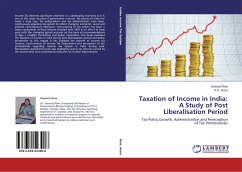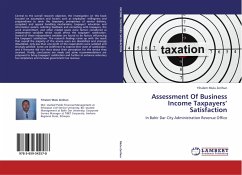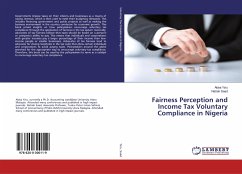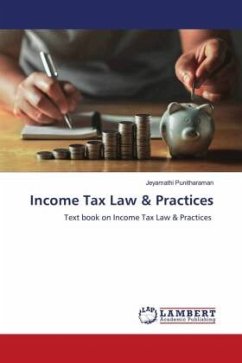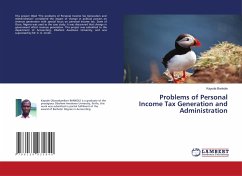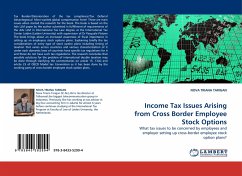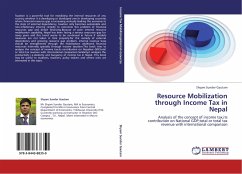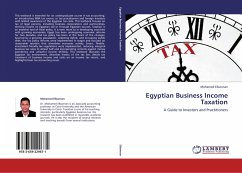
Egyptian Business Income Taxation
A Guide to Investors and Practitioners
Versandkostenfrei!
Versandfertig in 6-10 Tagen
45,99 €
inkl. MwSt.

PAYBACK Punkte
23 °P sammeln!
This textbook is intended for an undergraduate course in tax accounting, an introductory MBA tax course, or tax practitioners and foreign investors with limited awareness of the Egyptian tax code. This textbook focuses on tax of legal persons, including business corporations and partnerships, deriving income on Egyptian soil or through Egyptian sources. Taxation is an essential tool of fiscal policy. It is even more so in developing countries with growing economies. Egypt has been undergoing economic reforms for two decades, and tax policy has been at the heart of the changes. Spurred by a gro...
This textbook is intended for an undergraduate course in tax accounting, an introductory MBA tax course, or tax practitioners and foreign investors with limited awareness of the Egyptian tax code. This textbook focuses on tax of legal persons, including business corporations and partnerships, deriving income on Egyptian soil or through Egyptian sources. Taxation is an essential tool of fiscal policy. It is even more so in developing countries with growing economies. Egypt has been undergoing economic reforms for two decades, and tax policy has been at the heart of the changes. Spurred by a growing population, widening deficit, and increasing public debt, the tax policy reforms were implemented in stages and focused on reasonable taxation that stimulates economic activity. Smart, flexible, investment-friendly tax regulations were implemented, reducing marginal business tax rates to almost half and incorporating controls against money laundering and unlawful income shifting. This textbook discusses the Egyptian tax environment, describes history of the tax law, details tax treatment of business income and costs on an income tax return, and highlights basic tax accounting issues.



